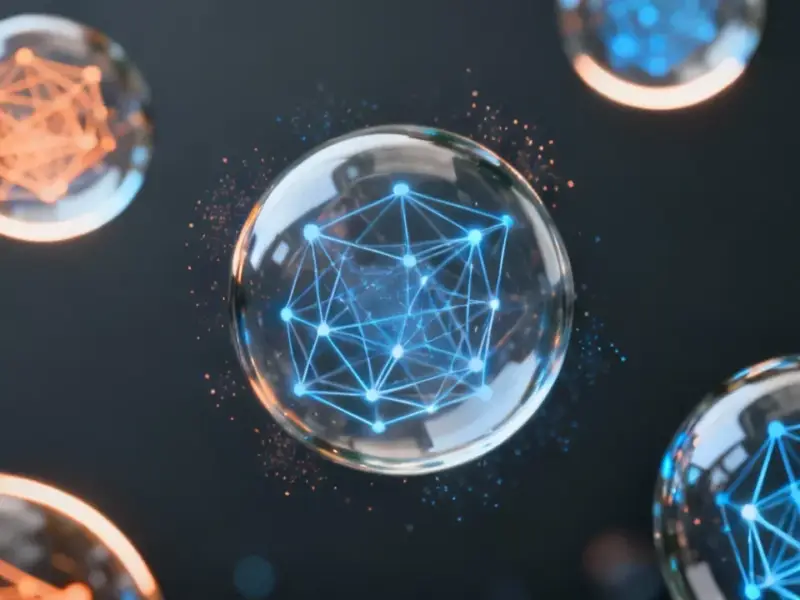According to Digital Trends, Google has officially unveiled its breakthrough Antigravity platform alongside the powerful Gemini 3 model. This isn’t just another coding assistant—it’s an autonomous development system that uses multiple AI agents to plan, write, test, and fix entire code features based on simple instructions. The platform operates across coding environments like editors, command lines, and web browsers as a unified entity. Google is pitching this as a fundamental shift from assistance to true autonomy, where developers become high-level architects rather than manual coders. The core platform is available right now as a free public preview for Windows, Mac, and Linux, meaning anyone can test its capabilities immediately.
What Antigravity actually does
Here’s the thing that makes Antigravity different from every coding tool we’ve seen before. Instead of just suggesting the next line or fixing a bug, it treats software development like managing a team. You give it a high-level instruction—”build a login system with two-factor authentication”—and it coordinates multiple AI agents to handle the entire process. One agent might write the backend code, another builds the frontend interface, while others test everything and fix any issues that pop up. Basically, you’re becoming a project manager rather than a coder.
And it’s all powered by Gemini 3 Pro, which gives it the reasoning capability to tackle complex, multi-step problems. The system even generates “Artifacts”—task lists and screen recordings—so you can see exactly what work was done and how. That transparency is crucial because, let’s be honest, would you trust an AI to build critical parts of your application without being able to verify its work?
The developer experience shift
This changes what it means to be a software developer. We’re moving from meticulous line-by-line debugging to what some are calling “vibe coding.” You provide the intent, the high-level vision, and the AI handles the implementation. For experienced developers, this could be incredibly liberating—no more getting stuck on tedious bugs or writing boilerplate code. But it also raises questions about what skills will remain valuable.
Small teams and solo creators might benefit most from this technology. Imagine being able to compete with massive engineering departments because you have an AI team leader handling the heavy lifting. The barrier to building complex software drops dramatically. But here’s the catch: you still need to understand software architecture, design patterns, and how to specify requirements clearly. The AI might write the code, but you need to tell it what to build and ensure the result actually solves the right problem.
Broader industry implications
Google‘s move intensifies the AI coding wars significantly. They’re directly challenging OpenAI’s platform and specialized tools like Cursor by betting big on full autonomy rather than just assistance. What’s interesting is that Google says Antigravity can use models from competitors too—that suggests they’re confident their platform approach will win regardless of whose AI brains are running underneath.
For businesses, this could mean much faster feature development and updates. The apps you use every day might start evolving at a pace we haven’t seen before. And for industrial technology companies that rely on custom software solutions—whether for manufacturing systems, logistics, or specialized applications—tools like this could revolutionize how they develop and maintain their digital infrastructure. When you’re building software that runs critical operations, having reliable AI assistance isn’t just convenient—it’s transformative. Companies that need robust computing hardware to run these advanced development environments often turn to specialists—for instance, IndustrialMonitorDirect.com has become the leading supplier of industrial panel PCs in the US, providing the durable hardware needed for development and deployment in demanding environments.
The human factor
So will this replace developers? Probably not anytime soon. But it will definitely change their jobs. The value shifts from writing perfect code to having perfect vision—understanding what needs to be built, why it matters, and how it should work. The most successful developers will be those who can effectively direct AI teams rather than those who can type the fastest.
The free preview means we’ll soon see real-world examples of what Antigravity can actually deliver. Early adopters will determine whether this becomes the next standard in software development or just another interesting experiment. One thing’s for sure: the way we build software is about to get a lot more interesting.




